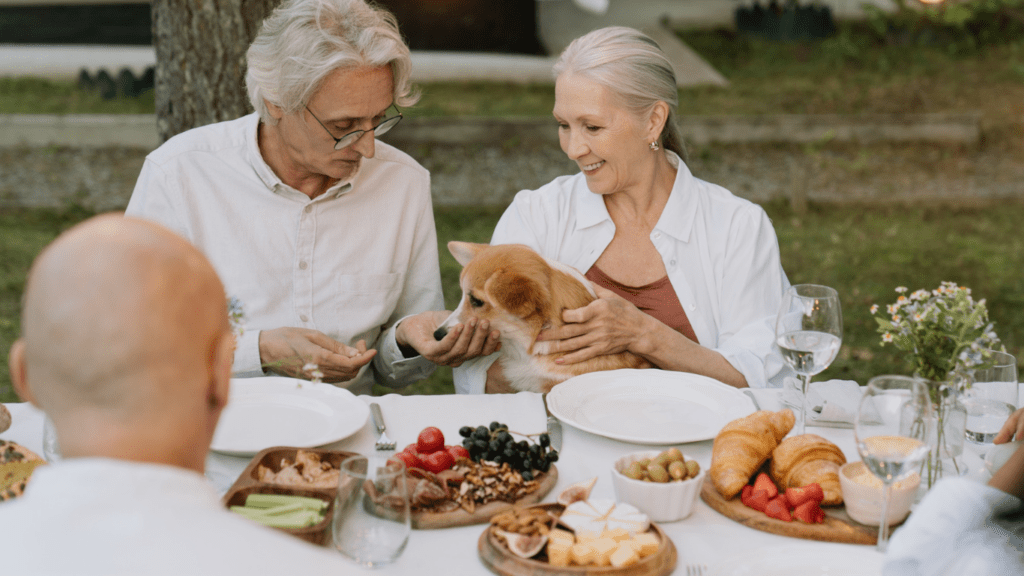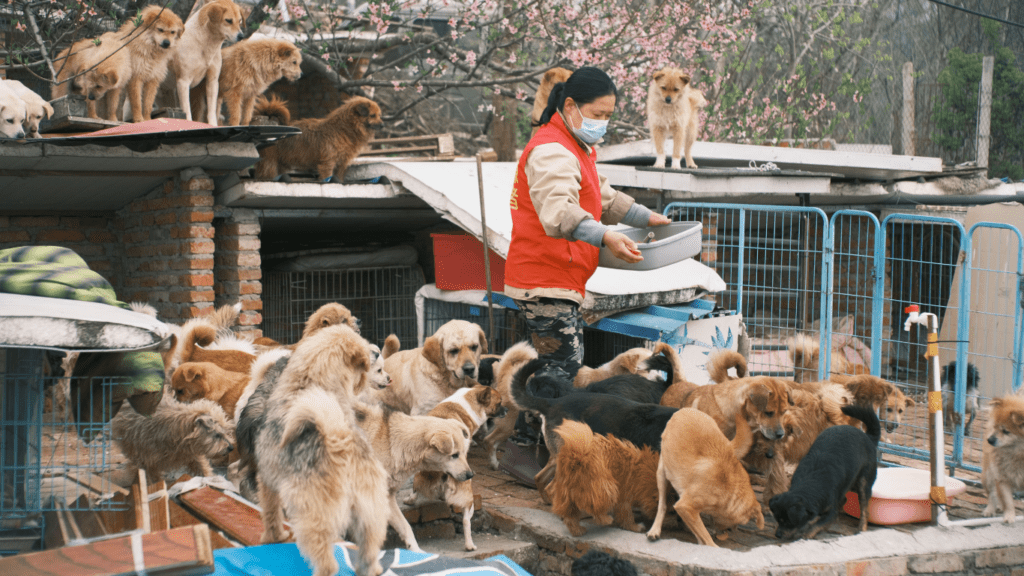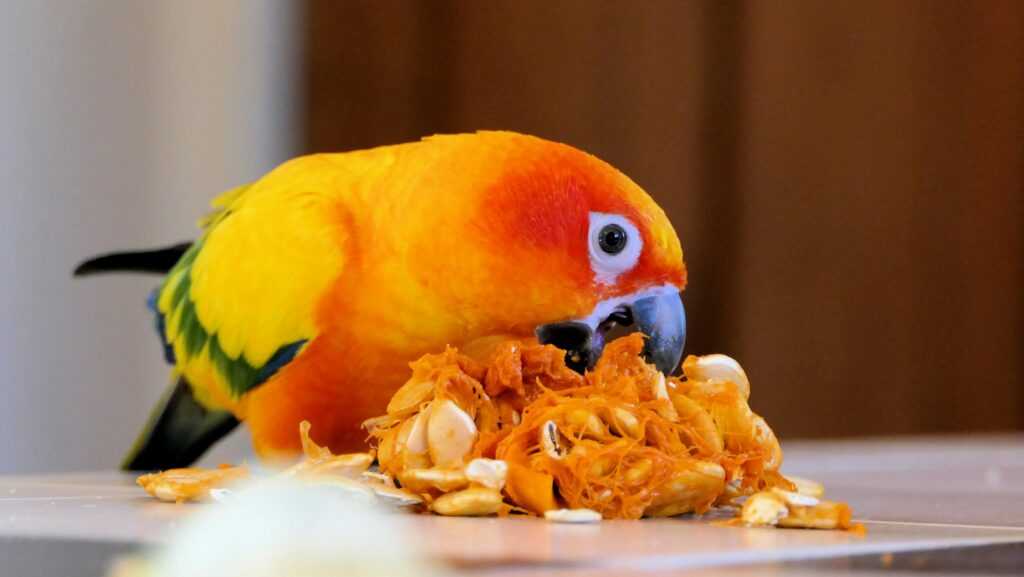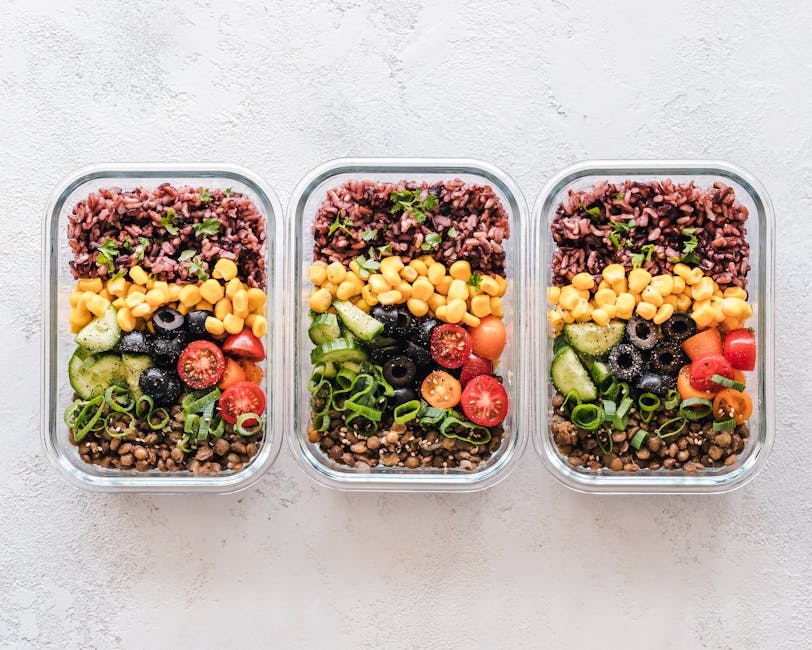As a pet owner, ensuring the well-being of our furry companions, especially as they age, is a top priority. When it comes to senior pets, providing them with the right nutrition is key to maintaining their health and vitality. In this article, I’ll share valuable insights and tips on how to best feed your older animals to help them thrive in their golden years.
Navigating the world of pet food can be overwhelming, with a myriad of options available on the market. Understanding the specific dietary needs of senior pets is crucial in making informed decisions about their nutrition. From choosing the right ingredients to portion control, I’ll delve into the essential aspects of crafting a balanced diet tailored to meet the unique requirements of aging pets.
Join me on this journey as we explore the importance of proper nutrition for senior pets and discover practical tips to ensure they receive the care and nourishment they deserve.
Understanding the Dietary Needs of Senior Pets
Navigating the dietary requirements of senior pets is crucial in ensuring they lead a healthy and fulfilling life in their later years. As pets age, their nutritional needs evolve, requiring adjustments in their diet to support their changing health status. Understanding these specific dietary needs is essential for pet owners to provide adequate care and promote the well-being of their beloved companions.
Common Health Issues in Senior Pets Related to Nutrition
As pets age, they may face specific health issues related to nutrition that can impact their overall well-being. It’s crucial to be aware of these common concerns to provide optimal care for senior pets.
Dental Health Concerns
Maintaining good dental health is essential for senior pets. Dental problems can arise due to a combination of factors, including age-related changes, diet, and dental care habits. Without proper dental hygiene, older pets may experience issues such as gum disease, tooth decay, and bad breath. Regular dental check-ups, appropriate chew toys, and dental-friendly diets are essential in promoting oral health in senior pets.
Weight Management Challenges
Weight management becomes increasingly important as pets age. Senior pets are prone to weight gain or loss, which can have a significant impact on their health. Obesity can lead to various health issues, such as joint pain, diabetes, and heart disease, while being underweight can indicate underlying health problems. Monitoring the pet’s weight, adjusting their diet accordingly, and providing regular exercise are key elements in managing weight effectively for senior pets.
Tips for Feeding Senior Pets
Crafting a balanced diet for senior pets is crucial to ensure they receive the necessary nutrients to support their health as they age. As pets grow older, their dietary requirements change, and it’s essential to make adjustments to meet their evolving needs. Here are some practical tips for feeding senior pets:
- Consult with a Veterinarian Regularly: It’s important to consult with a veterinarian regularly to assess your senior pet’s health status and nutritional needs. A veterinarian can provide guidance on the best diet options based on your pet’s specific health conditions and requirements.
- Choose High-Quality, Senior-Specific Food: Opt for high-quality senior pet food that is specifically formulated to meet the nutritional needs of older animals. These foods are designed to address common senior health issues and provide the right balance of nutrients to support overall well-being.
- Consider Joint Health Supplements: Senior pets may benefit from joint health supplements to support mobility and joint function. Consult with your veterinarian to determine if supplements like glucosamine or omega-3 fatty acids would be beneficial for your pet.
- Monitor Portion Sizes: Keep an eye on portion sizes and avoid overfeeding your senior pet. Adjust portion sizes based on their activity level, weight management goals, and overall health condition to prevent issues like obesity or malnutrition.
- Provide Adequate Fresh Water: Ensure your senior pet has access to fresh, clean water at all times. Proper hydration is essential for overall health and can help prevent issues like kidney disease, especially common in older animals.
- Incorporate Dental Health: Dental health is crucial for senior pets, as dental issues can impact their overall well-being. Consider dental-friendly treats or toys to promote good oral hygiene and schedule regular dental check-ups with your veterinarian.
- Monitor Weight and Body Condition: Regularly monitor your senior pet’s weight and body condition to ensure they are maintaining a healthy weight. Adjust their diet and exercise routine as needed to prevent weight-related health issues.
By following these tips and being mindful of your senior pet’s specific needs, you can help them enjoy a healthy and fulfilling life in their golden years.
Choosing the Right Senior Pet Food
When selecting the ideal food for my senior pet, I prioritize ingredients that cater to their changing nutritional requirements. It’s essential to opt for high-quality senior-specific food that addresses issues commonly seen in older pets. These foods are formulated to support joint health, maintain a healthy weight, and promote overall wellness in senior animals.
I always consult with my veterinarian to ensure I’m making the best choice for my furry companion. Veterinarians can provide valuable insights into the specific dietary needs of senior pets and recommend appropriate food options that align with their health status. By reviewing the ingredients list and nutritional content of senior pet foods, I can make informed decisions that support my pet’s well-being.
In addition to focusing on the dietary needs of senior pets, I pay attention to portion control. Senior animals may require adjustments to their portion sizes based on factors such as activity level, metabolism, and any existing health conditions. By monitoring portion sizes carefully, I can prevent overeating and maintain my pet at a healthy weight.
It’s crucial to provide fresh water regularly to senior pets to support their overall health and hydration. Proper hydration is key to promoting vital organ function and supporting digestive health in older animals. I ensure that clean water is readily available for my senior pet throughout the day to encourage adequate fluid intake.
Choosing the right senior pet food involves considering their specific nutritional needs, consulting with a veterinarian, monitoring portion sizes, and ensuring adequate hydration. By selecting high-quality food tailored to their requirements, I can help my senior pet lead a healthy and active life in their golden years.




